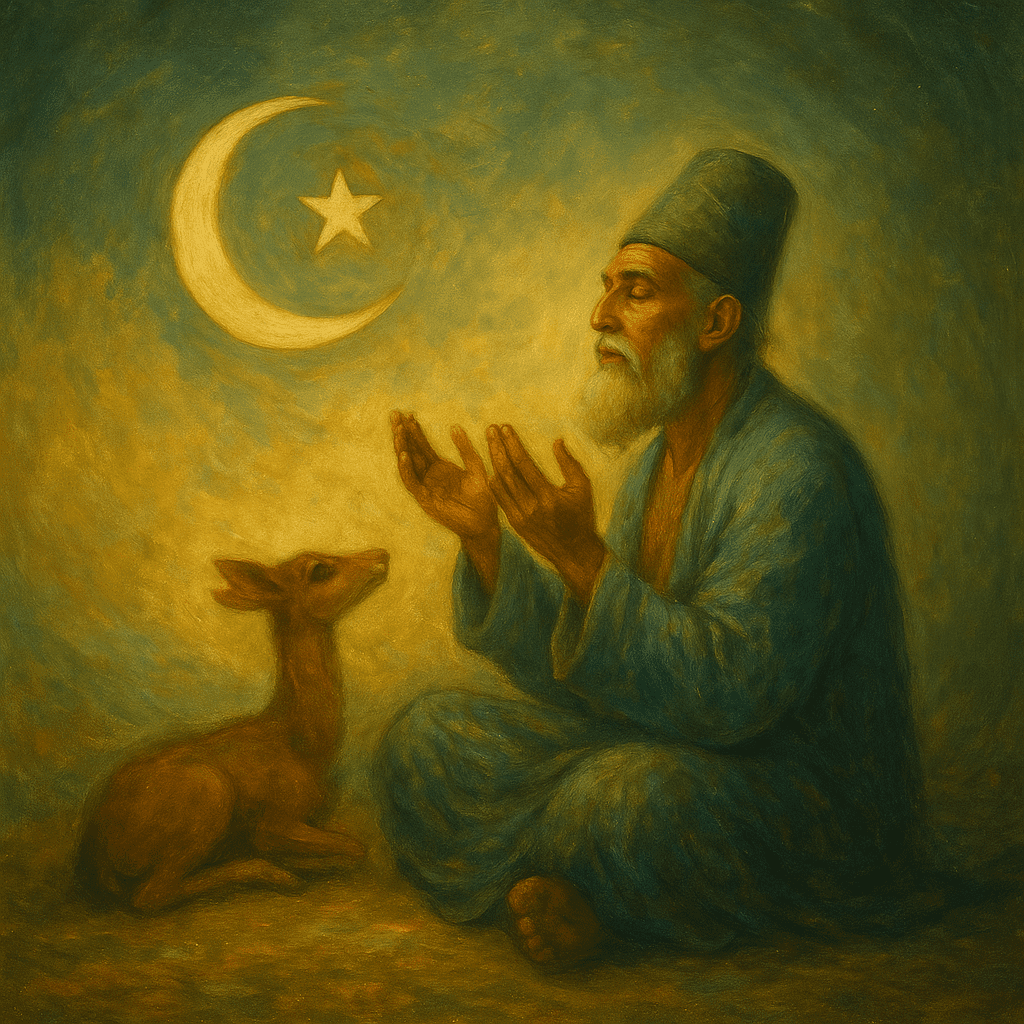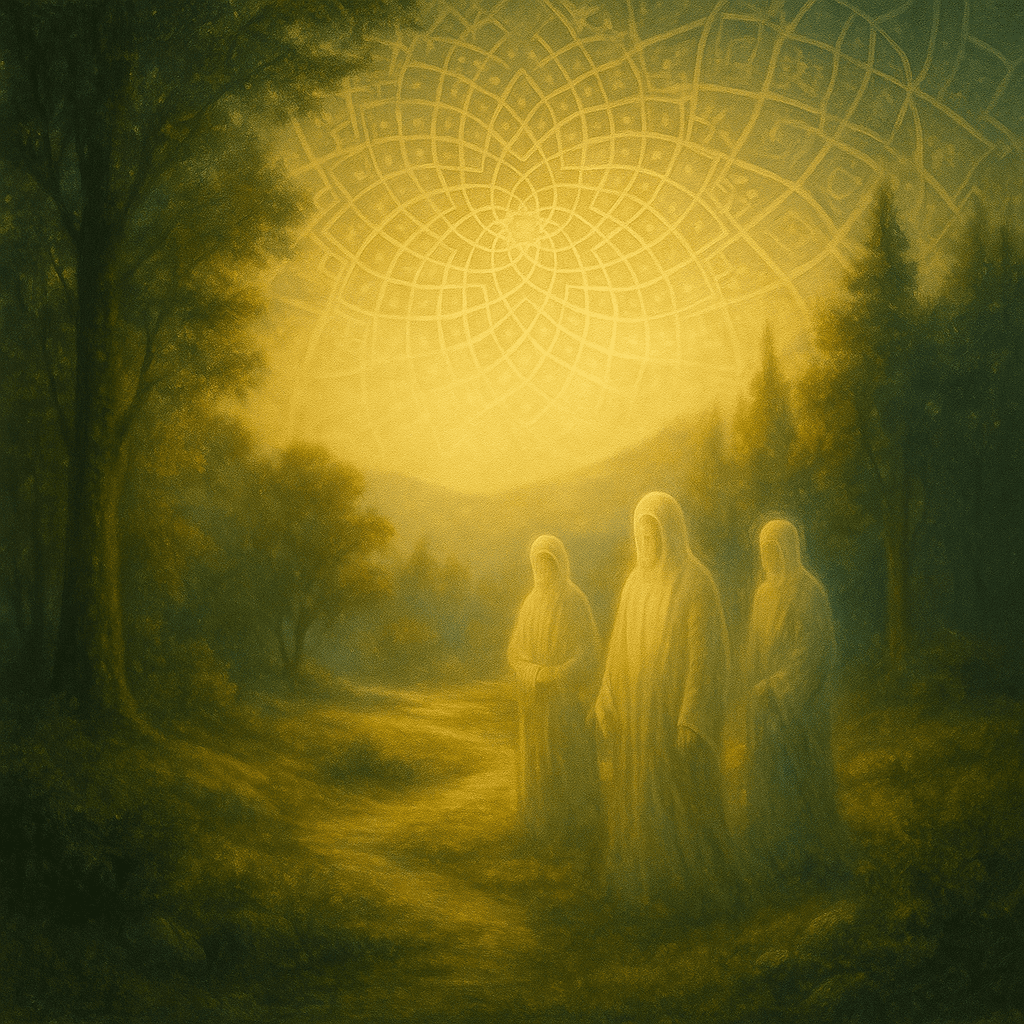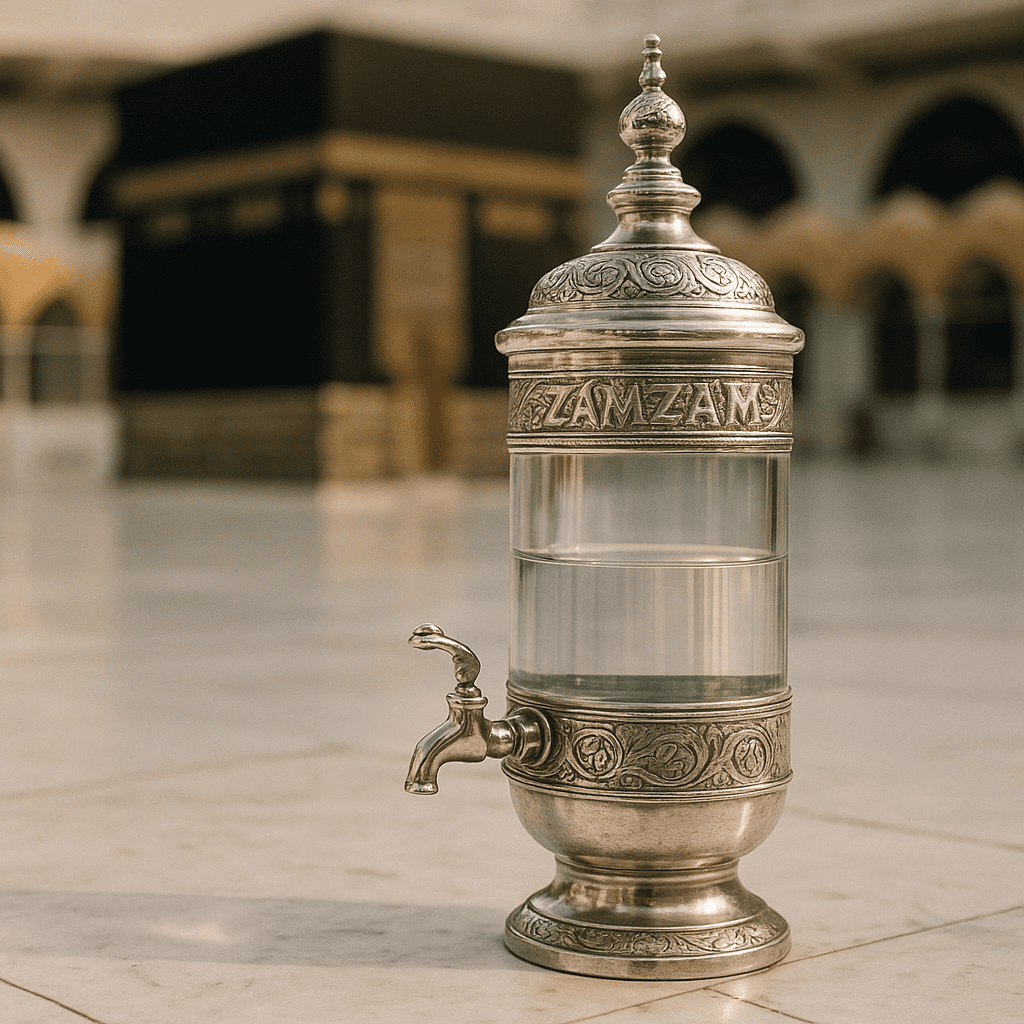Introduction
In the mystical traditions of Islam, there are hidden dimensions guided not just by outward scholars and imams, but by unseen saints who serve as spiritual anchors for the world. One such revered position is that of the Qutub (or Qutb), often described as the “Spiritual Pole” or “Axis of the Universe.”
But what is a Qutub? What role does he play? And why is this concept so significant in the spiritual path?
What Does “Qutub” Mean?
In Arabic, Qutub (قُطْب) means axis or pivot. In Sufi thought, the Qutub is believed to be the most spiritually elevated person alive, the one upon whom the entire world spiritually revolves — not in a literal sense, but through divine spiritual order.
He is seen as the connection between the heavens and the earth, silently guiding seekers through unseen support.
Qutub in Sufi Tradition
According to many Sufi scholars, especially from the traditions of Abdul Qadir Jilani, Imam al-Ghazali, and Ibn Arabi, the Qutub holds the highest rank in the hierarchy of saints.
Some Sufi orders teach that:
- There is one Qutub at any time.
- He is unknown to the public and may live in complete secrecy.
- He is supported by a circle of other awliya (friends of Allah) such as Abdaal, Nuqaba, and Awtad.
Though rarely recognized, his presence is believed to be a mercy upon the Earth.
The Spiritual Function of a Qutub
The Qutub is thought to:
- Be the source of divine inspiration for saints beneath him.
- Maintain spiritual equilibrium in the world through Allah’s permission.
- Offer unseen help to sincere seekers and maintain inner guidance for the ummah (community).
He doesn’t seek fame or authority. His work is subtle, often hidden, yet deeply influential.
Can Anyone Become a Qutub?
Becoming a Qutub is not through will or effort. According to the Sufi view, it is purely a divine selection, based on purity of heart, sincerity, and total surrender to Allah.
The Qutub is often chosen after a long inner journey of:
- Deep dhikr (remembrance of Allah)
- Service to humanity
- Self-purification (Tazkiyah)
Notable Mentions in Islamic History
While not always explicitly called “Qutub,” scholars and Sufis have pointed to legendary saints like:
- Shaykh Abdul Qadir Jilani (RA)
- Bayazid Bistami (RA)
- Shams Tabrizi (RA)
- Hazrat Data Ganj Bakhsh (RA)
as possessing Qutub-like status due to their spiritual influence across generations.
Final Reflection
While belief in a Qutub is part of spiritual tradition, it is important to remember:
True guidance comes from Allah alone.
The role of a Qutub is a spiritual symbol of Allah’s mercy and order, not an object of worship.
As seekers, our role is to remain sincere, connected to our Creator, and respectful of the unseen realities that uphold this world.
✨ Subscribe to NurayaOnline for more hidden insights from the world of Islamic mysticism, dreams, numbers, and divine signs.
🕌 Let the knowledge elevate your soul.
🌿 Contribute to NurayaOnline
Support a journey of sacred insight, divine signs, and dream reflections.
Your contribution keeps our spiritual light alive.
🔒 Payments are securely processed by Google. No financial data is stored by NurayaOnline.



